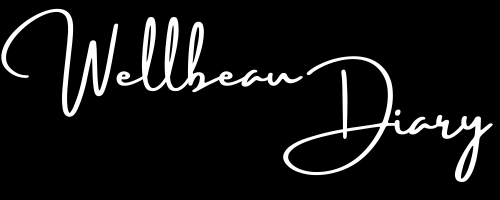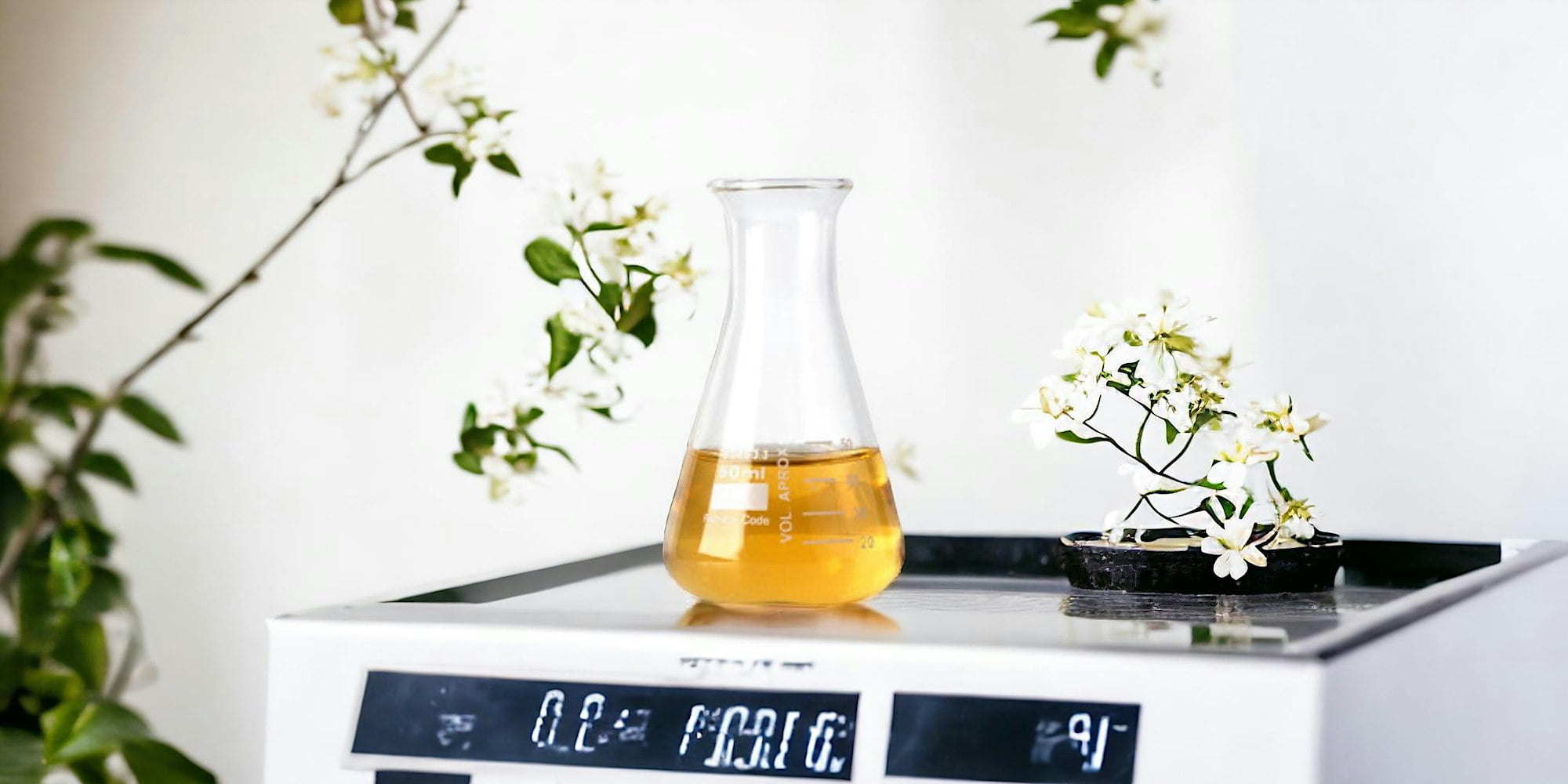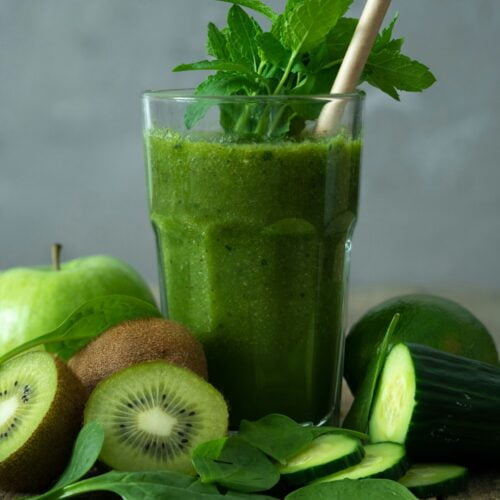Join independent perfumers Darren Alan of Darren Alan Perfumes and Emily Schaber of Shelter In Perfume as they guide you through the basics of using a lab balance (scale) to weigh and measure raw materials for perfume making, as well as how to correctly calculate various types of dilutions for material evaluation, formula development, and how to choose the proper diluent (solvent) for your perfume material.
*Please see the Supply List below for required materials for this class.
In this live, interactive Zoom Class, the following topics will be covered:
- How to set up & calibrate a digital lab balance (scale)
- Best practice when using a lab balance to ensure accurate & repeatable measurements
- Proper technique for weighing and diluting liquid, solid & semi-solid perfume materials
- Why learning to properly dilute your perfumery materials is necessary and useful
- How to create a serial dilution & why this may be useful in perfume making
- Perfume math relating to formula scale conversion
- Hands-on, guided practice with weighing materials and creating dilutions of your perfume materials
- Various types of diluents (solvents) and why/when to use a specific solvent for a specific outcome
- Live Q&A with Darren and Emily as they answer your most pressing questions
Suggested Equipment & Materials for Class:
- Notebook or device for note-taking
- Digital lab balance (scale) that can weigh in grams (g) with a capacity (weight limit) of at least 200g and a resolution of at least one-hundredth of a gram (0.01g). Your scale should also have a tare feature and calibration mode.
- At least one perfumery raw material from each of the following categories: liquid (essential oil or liquid aromachemical), solid (vanillin powder, coumarin powder, Ambroxan flakes), and semi-solid (Benzoin resin, Myrrh Resinoid, Labdanum Absolute)
- Common solvents (diluents) used in perfume making such as Perfumer’s Alcohol/Specially Denatured Alcohol (SDA-40B), DPG (dipropylene glycol), IPM (isopropyl myristate), TEC (triethyl citrate. These items can easily be purchased online from Saveonscents.com
- Beakers
- Transfer pipettes
- Spoon or lab spatula for dry materials
- Vials or bottles with lids to store dilutions
- Labels for your bottled dilutions
- Lab hotplate or small bowl of dry rice with access to a microwave for melting semi-solid materials
- Paper towels
- Wax paper
Suggested vendor for purchasing a lab balance (scale):
We recommend purchasing your lab balance from an online vendor called Old Will Knott Scales. https://www.oldwillknottscales.com
They are a well-respected company with exceptional customer service. We have purchased scales from them for over 20 years and have never had an issue and have been very happy with the high quality of their products and customer support. We have no affiliation with Old Will Knott Scales beyond being long-time happy customers. The scales that both Darren & Emily use are from the MyWeigh iBalance series, but there are more affordable options from the same vendor that meet most of the above requirements.
https://www.oldwillknottscales.com/my-weigh-ibalance-201.html
An inexpensive entry-level battery powered scale available on Amazon that reads at 0.01g with Tare function is available here:
NOTE:
If you are planning on or currently selling your perfumes, please check with your state’s Department of Weights and Measures to see if your state requires that your scale be NTEP Certified (Legal for Trade). Some states require this and some do not depending on the industries regulated by the Department of Weights and Measures in your state. Old Will Knott Scales offers scales that are NTEP Certified if it is required by your state.
SUGGESTED RAW MATERIAL SUPPLIERS:
RECOMMENDED READING LIST:
Some students have asked us for recommendations for books on perfumery. We have compiled a short list of some of our favorite books on perfumery. This is not required reading for class. We are just sharing resources with you if you desire them.
Introductory Books:
Perfume: The Alchemy of Scent by Jean-Claude Ellena
Perfume & Flavor Materials of Natural Origin by Steffen Arctander
Nose Dive: A Field Guide to the World’s Smells by Harold McGee
Fragrant: The Secret Life of Scent by Mandy Aftel
Advanced Reading:
An Introduction To Perfumery by Tony Curtis & David Williams
Scent and Chemistry: The Molecular World Of Odors by Günther Ohlaff, Wilhelm Pickenhagen, Philip Kraft, Jean-Claude Ellena
























